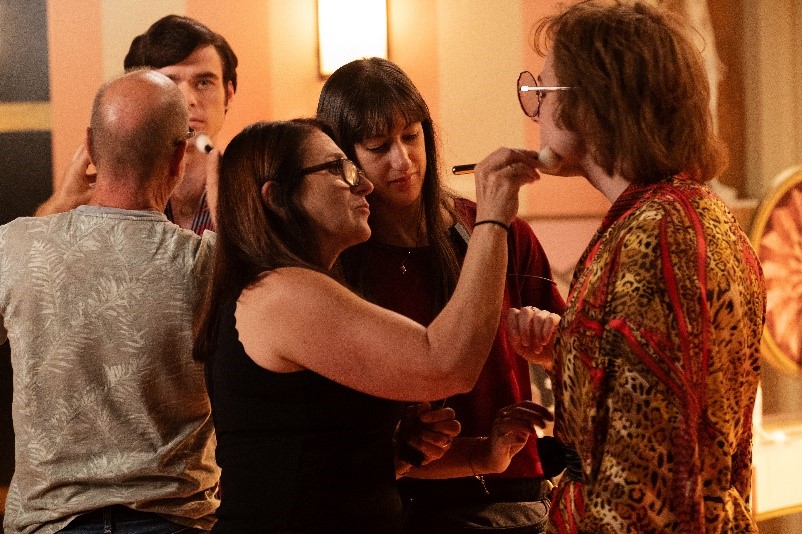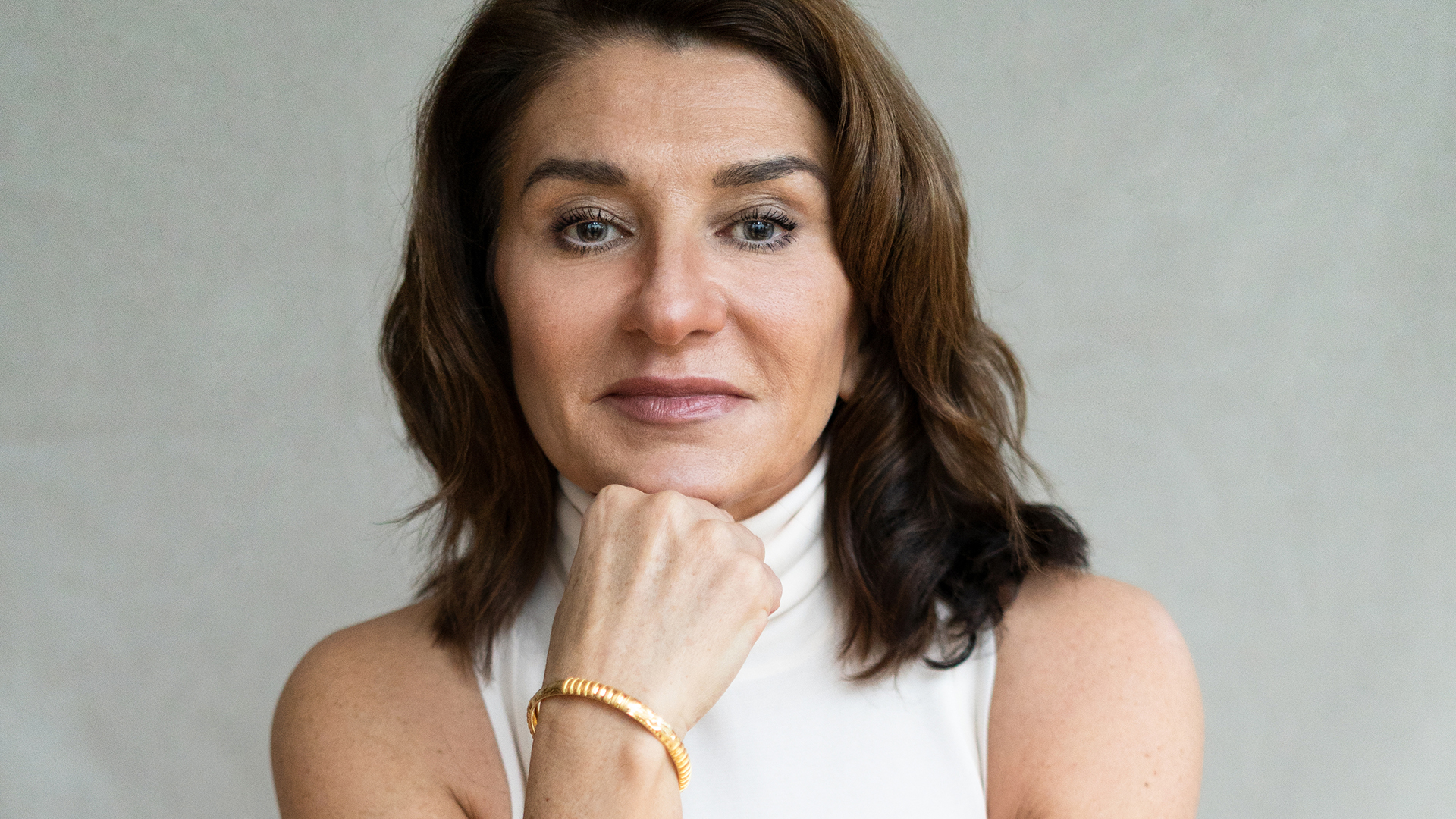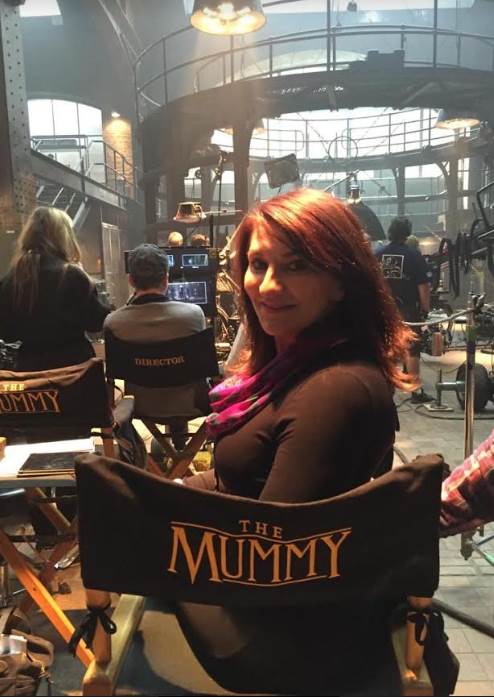It’s hard to believe I’ve been in the industry for thirty years. I started as a trainee at Thames Television, but left nine years later to carve out a career in film. I cut my teeth on films like Notting Hill and Wimbledon.
Once I started designing, the first film to really make an impact on me was the BAFTA award-winning film An Education, directed by Lone Scherfig and starring Carey Mulligan. Right from the outset, the film resonated with me because it reminded me of my own steely determination. The film was progressive because it shone a light on women’s issues whilst also acknowledging the naivety of youth, which gave it a human edge.
Next came Made in Dagenham, starring Sally Hawkins in the lead role of Rita, the unforgiving strike leader who took Ford to the wall. Dagenham was bittersweet because it served as a reminder that despite the efforts of women throughout history, a gender pay gap still exists in many industries, including my own.

Growing up, my dad always told me never to let a man tell me I wasn’t equal, a belief I carried through into adulthood. Like Rita O’Grady, I have always fought for equal pay with my male colleagues and that’s not something I’m going to stop any time soon.
It’s not always easy though – producers follow a rule that you have to disclose your earnings from your last project, so it’s sometimes a struggle to get the same pay as men, especially when you haven’t earned the same as your male counterparts in the past.
The most important aspects of our job as hair, make-up and prosthetics happen away from the camera. It starts with months of preparation which involves numerous meetings with the director and producers, the cast and crew – before the real leg work starts. That involves period research, referencing, then submitting preparatory sketches and ideas for each characters’ journey as well as assembling and training your core team. This leads to character make-up tests on actors and later test shoots. Having specific pieces made, dying and cutting wigs, making prosthetics and moulds, creating rotas for each character’s look in each scene…the list goes on, and that’s before we even get on set!










